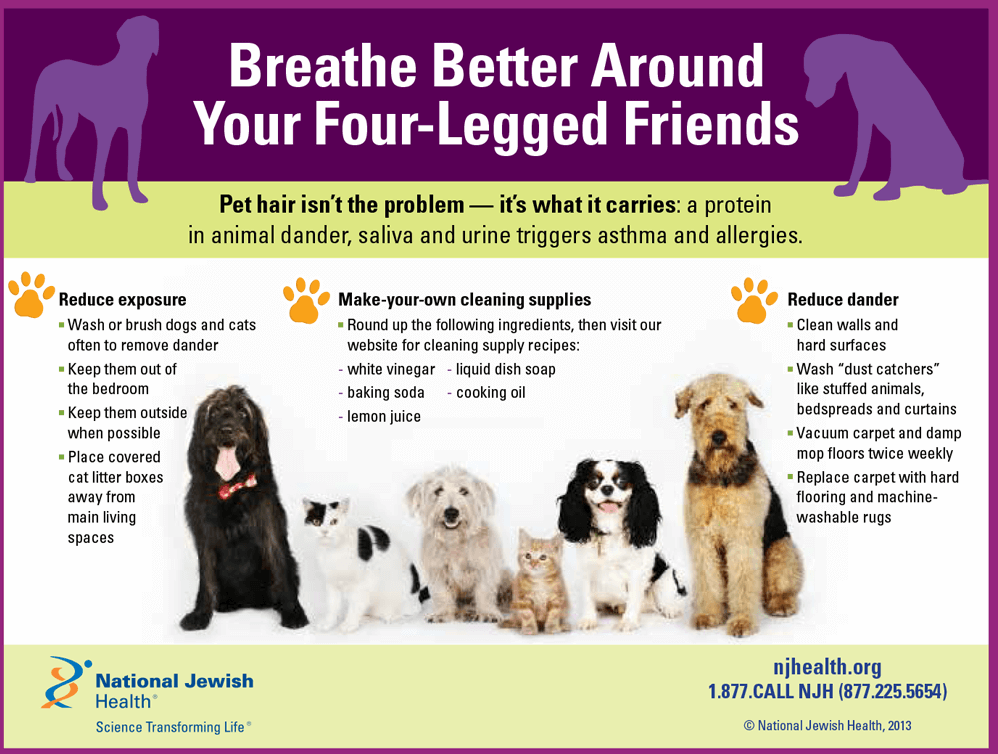14 Foods You Can Share With Your Dog
14 Foods You Can Share With Your Dog
Blog Article
What Vaccinations Are Required For Canine Day Care?
Whether your pet dogs hang around at childcare or boarding centers, they require to be updated on all of their needed vaccinations. Core vaccines include Bordetella, rabies and DA2PP, which guard against usual conditions that pets are revealed to when in close contact with others.
Non-core vaccines consist of canine flu and leptospirosis shots. These are suggested for pups that join various other dogs regularly.
Core Vaccinations
As an important part of precautionary treatment, canine vaccinations help maintain dogs risk-free from infectious illness sent through straight call or contaminated surface areas. Vaccines stimulate the body immune system to develop antibodies that fight condition, and a lot of veterinarians consider core pet dog vaccinations to be important for all pet dogs.
Rabies
Many reputable canine childcare centers require that your family pet depend on date on their rabies inoculation. Inoculations are carried out to young puppies as very early as 12-16 weeks old, and boosters are required every three years or two up until the adult years. Rabies is a fatal viral illness that spreads out via saliva, typically from bites. A lot of states call for rabies vaccinations for all canines and felines, and some also mandate rabies boosters for pet dog owners.
Distemper/Parvovirus/Adenovirus (DHPP).
This combination injection covers canine distemper, parvovirus, liver disease, and adenovirus, every one of which are very contagious. Many veterinary workplaces use DHPP vaccinations as one shot or in a series of two to four shots, provided 2-4 weeks apart, complied with by a yearly booster. This vaccination is a need for most boarding and doggy daycare facilities, in addition to lots of groomers.
Bordetella/Canine Parainfluenza Injection.
Bordetella bronchiseptica, frequently called kennel coughing, is a really contagious respiratory infection caused by the bacteria that causes the disease. Signs consist of relentless coughing, sneezing, nasal discharge, and fever. Many kennel cough episodes take place in jampacked settings, such as childcare or boarding centers, and are specifically usual in warmer climate. This vaccination is a need for many day care and boarding facilities, and is frequently provided in a combination with the DHPP injection.
Leptospirosis Injection.
This is small dog boarding near me a bacterial condition that spreads through infected water, dirt, and pee. Infection can create kidney and liver damages, in addition to death, and is transmissible to humans. Most vets will certainly advise this injection, based on geographic location and way of living of the pet, for pets that hang around outdoors or at boarding centers, in addition to some groomers. This vaccine is usually administered as a collection of 2 to 4 shots, spaced 2-4 weeks apart, with an annual booster required for most pet dogs.
Lyme Condition Vaccination.
One of the most typical tick-borne condition in the USA, Lyme illness is transferred by the deer tick and can lead to fever, joint pain, muscle soreness, and loss of appetite. The Lyme condition vaccination secures versus the most prevalent strains of the virus, including the H3N8 and H3N2 stress. The majority of veterinary facilities suggest this vaccination, especially in risky locations, such as the Northeast, upper Midwest, Mid-Atlantic, and along the Pacific shore.
Noncore Vaccines.
Various other canine vaccines, while not necessary for all animals, are recommended based on the dog's way of living and geographical area. These consist of the following:.